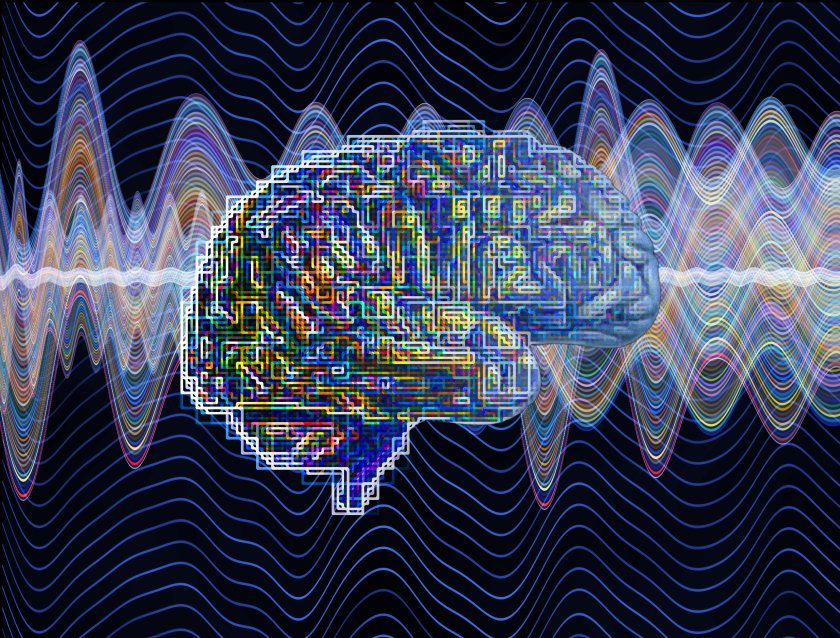

Wouldn’t it be fabulous if Salesforce, Microsoft, Google, and other software vendors could make software smart enough to untangle the torrent of features-and-functions they’ve been selling to us for the last 20 years?
While none of those companies would likely describe what they’re doing in those terms, they are all pushing artificial intelligence (AI) features that they say teach software what to do based on human-computer interactions and the data users produce with every day.
Salesforce CRM 0.07% , for example, says it is enabling all of its sales, marketing, e-commerce, and other “cloud” software with AI. The same goes for Microsoft MSFT 0.01% with its Office productivity applications and Dynamics business software. And then there’s Google Apps for Work, now known as G Suite, which uses AI tosuggest action items based on a user’s documents and contacts.
The end goal is to produce software that can streamline users’ processes and sweat out repetitive tasks, ostensibly freeing up the human to do better, more valuable things.
All of this sounds great—who wants to perform drudgery after all?—but there’s a lot of confusion in the discussion. For one thing, there’s a difference between automation and AI. Alan Lepofsky, a principal analyst with the Constellation Group, says one of the biggest issues he has is the overuse (some might say abuse) of the term “AI.”
Get Data Sheet, Fortune’s technology newsletter
“For something to be AI, it has to learn. It has to go beyond its programming and improve itself and personalize itself over time,” he tells Fortune. To be fair, Lepofksy thinks some great strides have been made here by the aforementioned companies. But there is so much more to be done.
Some past attempts to make software smarter have gone over like lead balloons, namely Microsoft Clutter. That particular feature of Outlook is being replaced by the new “Focused Inbox.” And then Google already has “Inbox by Google.”
Properly implemented AI could help eliminate the very complexity that software makers themselves have fostered. Who needs even a fraction of all of the fonts and formatting buttons included in Microsoft Word or Excel?
But perhaps the biggest boost AI can provide is keeping people focused on what’s most important. Most people need AI to deal with “context switching,” argues Guy Creese, research vice president for Gartner.
If you are a reporter on deadline but need to make a phone call, and then have to copy and paste text, you can pretty easily get lost in a hairball of tasks. (Or so I’m told.) What if your software could prompt you about what you should do next?
Software like G Suite, which assigns tasks based on the document at hand and who has access to it, could come in handy, Creese points out.
Anything that can help users tame the firehose of information trained on them—from what news reports they read, which Twitter TWTR -4.22% accounts they follow, and which Facebook FB -0.76% posts catch their eyes—could be helpful provided the technology itself is not intrusive and cumbersome. Not to mention that users could be assured all of the information about their reading preferences is not abused by software company.
“I want my computer to tell me what I should be working on every morning,” Lepofsky says. If you are a reporter using Trello to log and track assignments, and you cover social networks, how handy would it be for Trello to serve up a prioritized card to say “Twitter is down” in order to indicate a story might be important based on your past coverage and what you’ve viewed via social media.
Lepofsky goes even further: “I would love to have a universal ‘Create’ button that will, depending on context, prompt me to create an email, a text or phone call based on what’s important to me.”
That sounds pretty good—provided, of course, that you don’t mind being nudged by software.
[Source:-Fortune]
